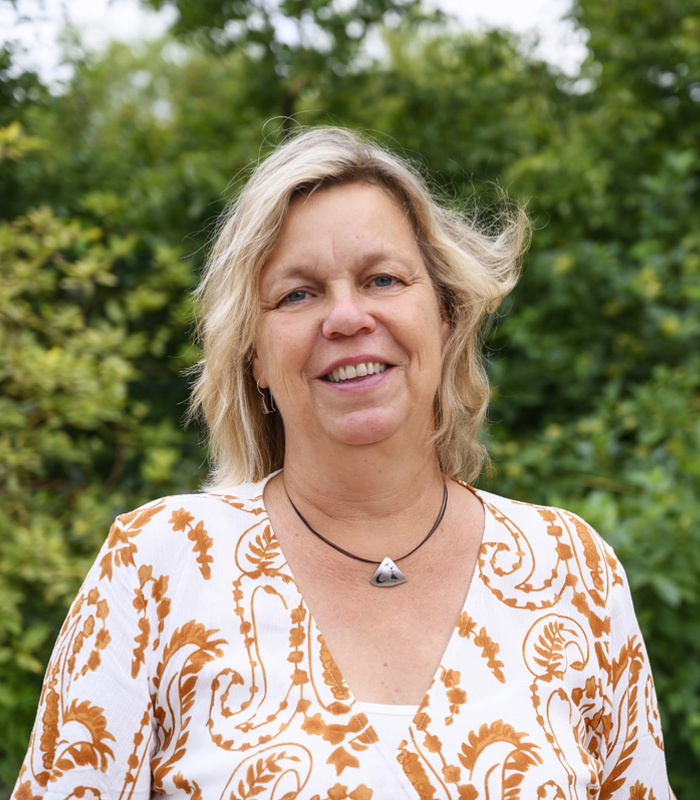HAS University of Applied Sciences and Naturalis decided to set up this lectureship because of the increasing pressures threatening biodiversity.
On 1 July 2019, Margje Voeten was appointed professor of the new lectureship in Innovative Biomonitoring during the end-of-year event of the Applied Biology bachelor's programme. The lectureship, which is for an initial term of 4 years, is a joint initiative and financed by HAS University of Applied Sciences and Naturalis Biodiversity Center. Naturalis is also contributing in the lectureship's expertise network.
Biodiversity under pressure
HAS University of Applied Sciences and Naturalis decided to set up this lectureship because of the increasing pressures threatening biodiversity. Developments such as intensive agriculture, urbanisation and climate change have caused the rapid decrease in numerous animal and plant species, with serious adverse effects on our ecosystems and on the essential goods and services these ecosystems provide to humans. It is, therefore, increasingly important to map out biodiversity, measure any losses and to monitor the effects of intervention activities.
Specific techniques to identify species
As an extension to Naturalis' expertise, the lectureship will initially focus on 2 specific techniques to identify species: DNA (including environmental DNA – eDNA)) and automatic image recognition. With eDNA, it’s possible to prove the presence of specific species using a water sample instead of conventional methods such as landing nets or searching for traces. Automatic image recognition is a technique to identify species using artificial intelligence and machine learning. The objective of the lectureship is to apply both of these techniques successfully, which will make detecting and monitoring of species easier and hopefully contribute to implementing effective environmental and other protection measures at an early stage.
The lectureship will focus initially on policy-relevant species such as:
- Invasive alien species
For example: are we able to prove their presence on the seabed and can we map out their distribution using eDNA? But also: can we use eDNA to identify the pine processionary caterpillar in a batch of imported coniferous wood? - Rare or protected species
For example: is it possible to determine the presence of the golden-ringed dragonfly anywhere with eDNA rather than by searching for exuvia (shed skin) near water?
Unexpected results
Margje is looking forward to her new position: "I expect to see some very exciting things. The techniques we’re going to use are not completely new, but by working with real issues from the sector, we may achieve some interesting and unexpected results. And those results will contribute to better and faster monitoring of biodiversity, giving us the opportunity to intervene at an early stage when species start to become endangered." Margje is part of the Applied Biology study programme but will also be collaborating with other programmes, for example Geo Media & Design. Maaike Romijn, Scientific Director at Naturalis is enthusiastic about the new lectureship: "To protect biodiversity, recognition and identification of species is essential. We expect this cooperation will enable us to accelerate the use and implementation of innovative techniques in practice.”

